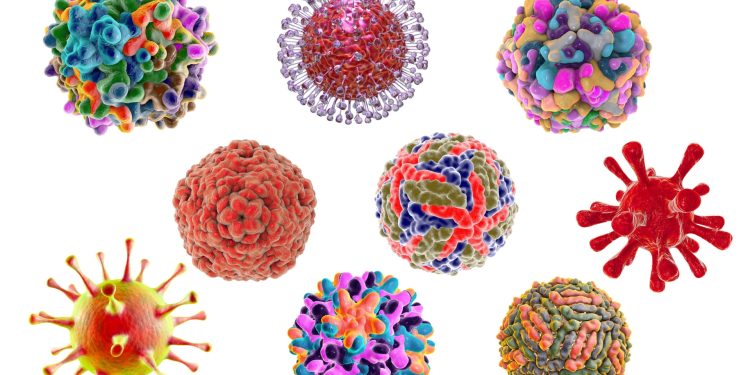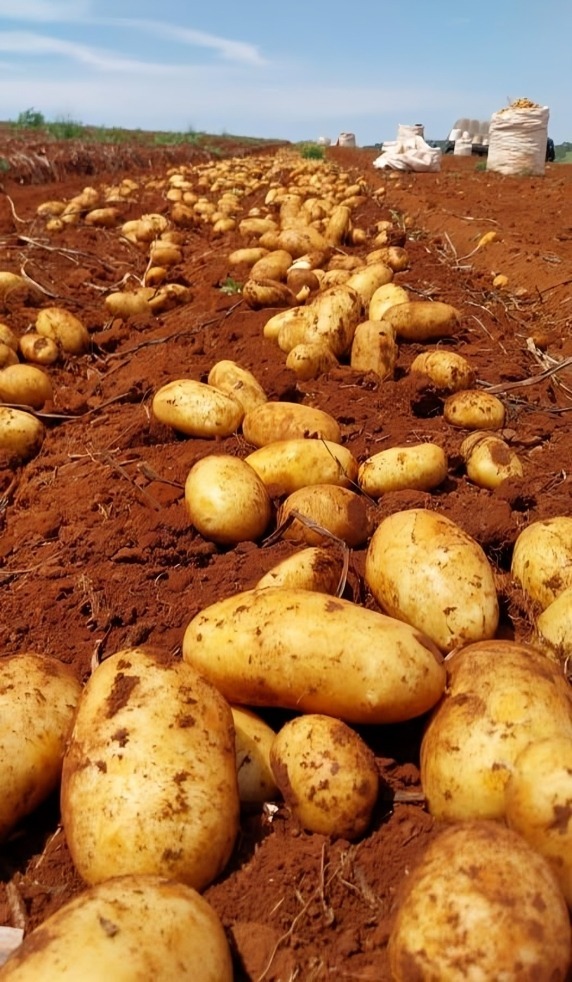Enhancing Yield and Quality Through Advanced Pest Management Strategies
As the agricultural landscape evolves, so do the challenges facing potato farmers and agronomists. Among the most pressing issues is the threat posed by viruses, which can significantly impact both yield and quality of potato crops. In response to this challenge, a pioneering project has emerged: “Accessing essential functions for sustaining high-grade seed production.” This initiative aims to equip farmers, entrepreneurs, managers in the agrochemical industry, fertilizer producers, and researchers with cutting-edge management tools to combat viruses effectively.
Potato farming is a cornerstone of many agricultural economies, providing essential sustenance for millions worldwide. However, viral infections present a formidable obstacle to achieving optimal yields and product quality. These viruses, transmitted by various vectors such as aphids and contaminated planting material, can lead to yield losses of up to 80% in severe cases. Furthermore, infected tubers often exhibit diminished quality, affecting marketability and profitability for growers and processors alike.
Recognizing the urgency of addressing this challenge, the “Accessing essential functions for sustaining high-grade seed production” project has spearheaded efforts to develop and deploy innovative management tools for virus control. Leveraging advances in biotechnology, genetics, and agronomy, researchers have devised integrated pest management (IPM) strategies tailored specifically to the needs of potato growers.
Central to these strategies is the implementation of precision agriculture techniques, which enable targeted interventions to minimize the spread of viruses while optimizing resource utilization. Through the use of remote sensing technologies, farmers can identify early signs of viral infection and promptly apply appropriate control measures, reducing the risk of widespread crop damage.
Furthermore, the project emphasizes the importance of genetic resistance as a cornerstone of sustainable virus management. By breeding cultivars with enhanced resistance to common potato viruses, researchers aim to provide farmers with resilient plant varieties capable of withstanding viral pressure while maintaining high yields and quality standards.
In addition to genetic approaches, the project advocates for the judicious use of agrochemicals, including pesticides and biopesticides, to suppress vector populations and curtail virus transmission. By adopting an integrated approach that combines biological, cultural, and chemical control methods, farmers can achieve comprehensive virus management while minimizing environmental impact.
Beyond on-farm interventions, the project also addresses the need for robust seed certification schemes to ensure the production and distribution of virus-free planting material. By establishing stringent testing protocols and quality standards, stakeholders can safeguard the integrity of seed stocks and prevent the introduction and spread of viral pathogens.
In essence, the “Accessing essential functions for sustaining high-grade seed production” project represents a paradigm shift in the approach to virus control in potato farming. By empowering stakeholders with advanced management tools and fostering collaboration between researchers, industry partners, and growers, this initiative holds the promise of a more resilient and sustainable potato production system.







